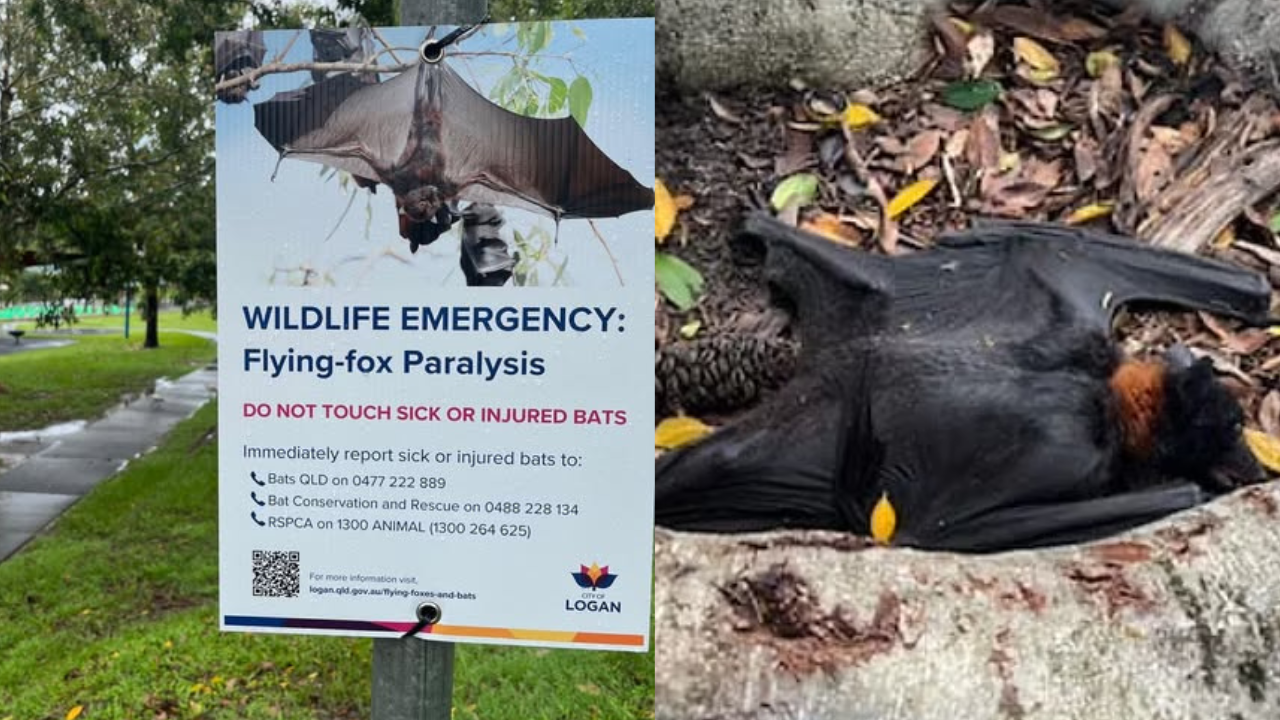Listen to Australian and world news, and follow trending topics with
Thian Thang and his young family are brimming with pride.
Mr Thang, his wife and three young children are posing for photos in front of an Australian flag, wearing their finest colourful Burmese clothing.
They’re wearing the traditional attire because the five of them are about to officially become Australian citizens.
Mr Thang spoke to SBS moments before the ceremony in Melbourne.
“From today hopefully we will get the certificate and we are very excited to become Australian citizens.”
It’s been a long journey.
Mr Thang fled Myanmar and spent ten years in India, before receiving a humanitarian visa in 2018.
After years of uncertainty..
“Congratulations everyone, you’re now officially Australian citizens”
… his future was finally sealed with a citizenship certificate.
75 years ago, with a vastly different immigration policy, the principle of Australian citizenship was established.
The Nationality and Citizenship Act came into effect on the 26th of January 1949.
People who were British subjects, born in Australia, or residents for the five years prior, automatically became Australian citizens by law.
Almost 2,500 people mostly from mainland Europe became citizens in 1949.
This year, the biggest group of new citizens came from New Zealand, followed by India, the UK, the Philippines and China.
Associate Professor David Lee is from the University of New South Wales’ School of Humanities and Social Sciences.
He says even after the citizenship law came into effect in 1949, it was a slow process of transition.
“It was only in 1967 that our passport document came to be called the Australian passport, so this was a gradual process of Australia’s transition from British dominion, part of the British empire, to an independent, multicultural nation-state.”
75 years on from the conception of Australian citizenship, more than six million people have become new citizens.
Julian Hill is the Assistant Minister for Citizenship and Multicultural Affairs.
He told SBS that Australian Citizenship Day is also a chance to reflect on some of the current strains on social cohesion.
“Citizenship Day is not just for new citizens. It’s for every Australian to reflect on who we are and what kind of country we are. Australia’s national story is a journey, it’s not an end state, we continue to evolve and change. But there are for too many Australians – the experience for too many Australians – is that promise of the fair go, the essence of multicultural Australia, is not always met. There are still too many people who experience racism or exclusion.”
“What do we want? Permanent visa”
Outside the Assistant Minister’s electorate office in Melbourne, a group of people who say they’ve been excluded for 12 years.
Among the group of about a dozen protesters is Narges Shaterian [[nar-ges shah-terian]], originally from Iran.
“We’re working here, our kids were born here, our kids grew up here, we contribute to society. Australia is our home as well. Please let us call Australia our home.”
Dr Elnaz Tavancheh has a PhD in cancer research, and says she’s treated Australians with rare cancers.
“I think this the only hope and dream that I have about my future, to call this place my home. If Australia is not my home, then I don’t have anywhere else to go, given that I spent all my adulthood here and I don’t have any other attachment to any other place.”
The government says it’s given permanent protection to more than 19,000 refugees but acknowledges there are thousands more awaiting permanent settlement.
The more than 100 citizenship ceremonies though, were a reminder of our constantly evolving social fabric.




